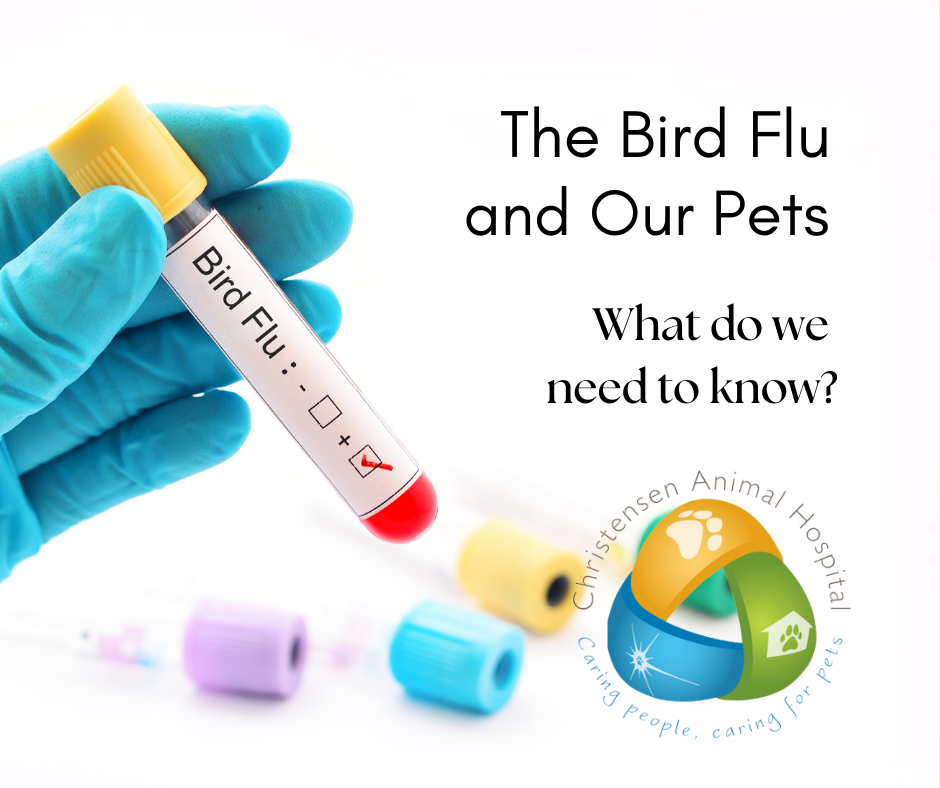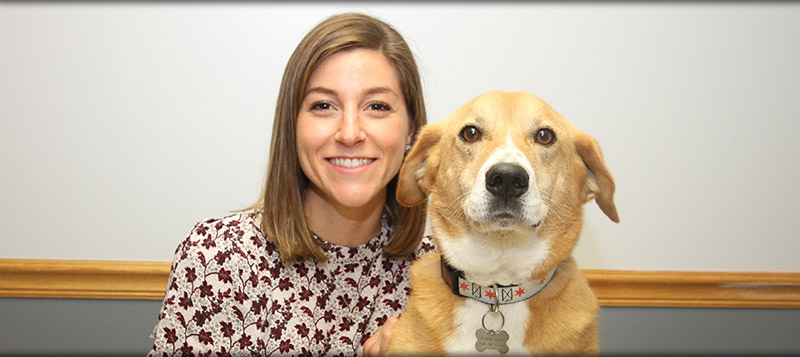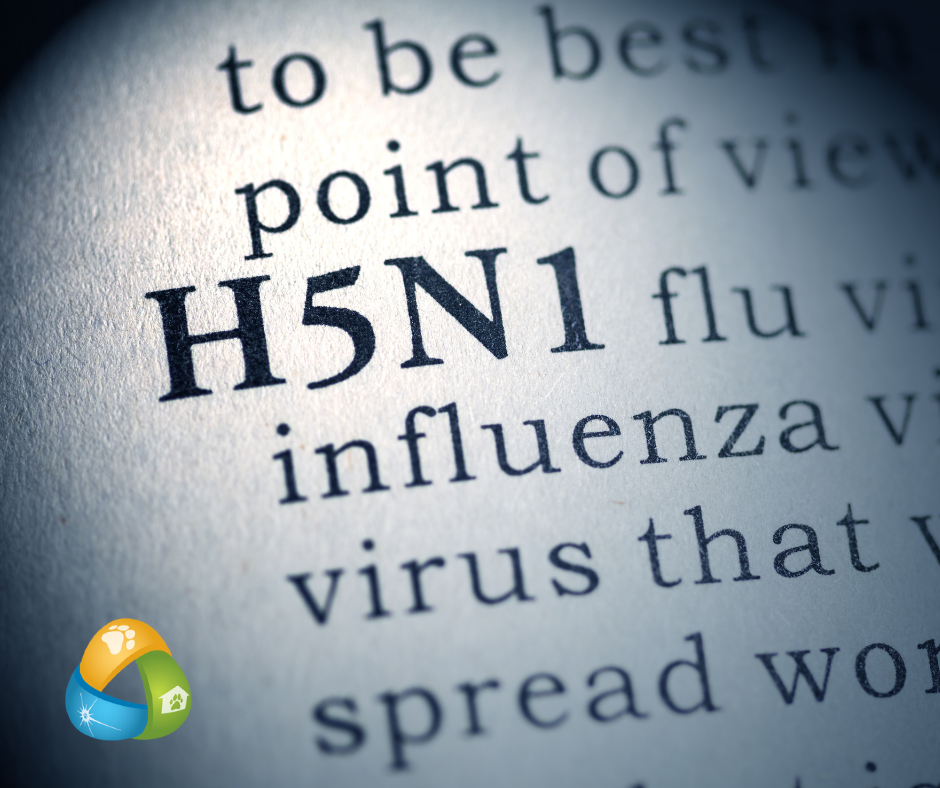Currently, in the US, cases of Avian Influenza (H5N1), are on the rise in poultry, dairy cattle, and waterfowl. While there have only been 68 confirmed cases in humans to date, there have been numerous reported feline cases. We would like to keep you updated on the risk it poses to your pet, and how best to keep them healthy and safe through a series of FAQ’s.
Can my dog or cat contract bird flu?
The answer to this is yes, although the likelihood of your dog catching it is far, far lower than your cat.
What are the symptoms of bird flu?
- Fever
- Lethargy
- Red eyes
- Nasal discharge
- Eye discharge
- Difficulty breathing
- Neurological signs
- Tremors
- Seizures
- Blindness
- Incoordination
All of the above symptoms have been reported in cats. We do not yet understand the symptoms for dogs.

If your pet is experiencing symptoms and has a history compatible with exposure, it is essential you alert our veterinary staff prior to bringing them in. This will help reduce the spread of disease to other patients and people.
Is bird flu treatable?
There is no specific treatment, and, sadly, in most cases, animals do not survive. Treatment will focus on supporting their health and comfort as they fight off the infection, but they will be strictly isolated to avoid spreading the illness to people or other pets.
How can we prevent our pets from catching bird flu?
- Do not feed raw food (including raw freeze-dried or raw frozen). Raw poultry products have been linked to causing fatal disease in cats. Similarly, do not feed unpasteurized milk or milk products.
- For information on how to properly cook food, please refer to the CDC: https://www.cdc.gov/bird-flu/prevention/food-safety.html
- We have never recommended feeding a raw diet, and there is no health condition where this is the treatment or recommendation. Raw food poses a significant health risk to not just your pet, but anyone who handles your pet.
- We would be happy to provide personalized food recommendations for your pet upon request.
- Keep cats indoors, and keep dogs leashed outside.
- Remove bird feeders and birdhouses from your yard.
- Do not allow dogs or cats around birds, waterfowl, cattle, or their excrement/environment
- Prevent pets from eating dead birds or other animals.
- Wash your hands after handling birds before handling pets. Do not handle sick or dead birds, and if you must handle sick or dead birds, ensure you are wearing appropriate PPE, see this website for more information: https://dph.illinois.gov/topics-services/diseases-and-conditions/respiratory-disease/diseases/influenza/h5n1/dead-bird-disposal-5-or-more.html
Is there a vaccine available?
Currently, there is no vaccine for H5N1 strain of bird flu, available to dogs and cats
My dog is vaccinated for Canine Influenza, is this the same thing?
No, the flu strains in the canine flu vaccine are for H3N8 and H3N2, and would not offer protection against this strain.
For more information about avian influenza, food safety, and risk to your pets, the CDC and the AVMA offer a host of online information.
Let us know if your pet is demonstrating symptoms so that we may intervene with supportive care or offer recommendations as soon as possible.
Jennifer M. Cichon, DVM

Sources:


